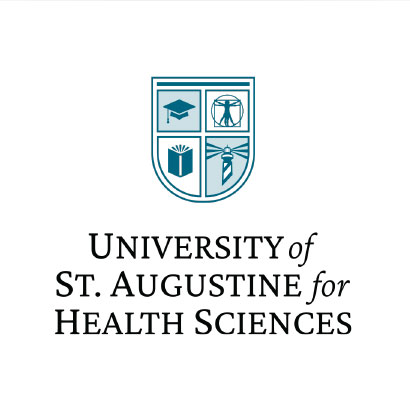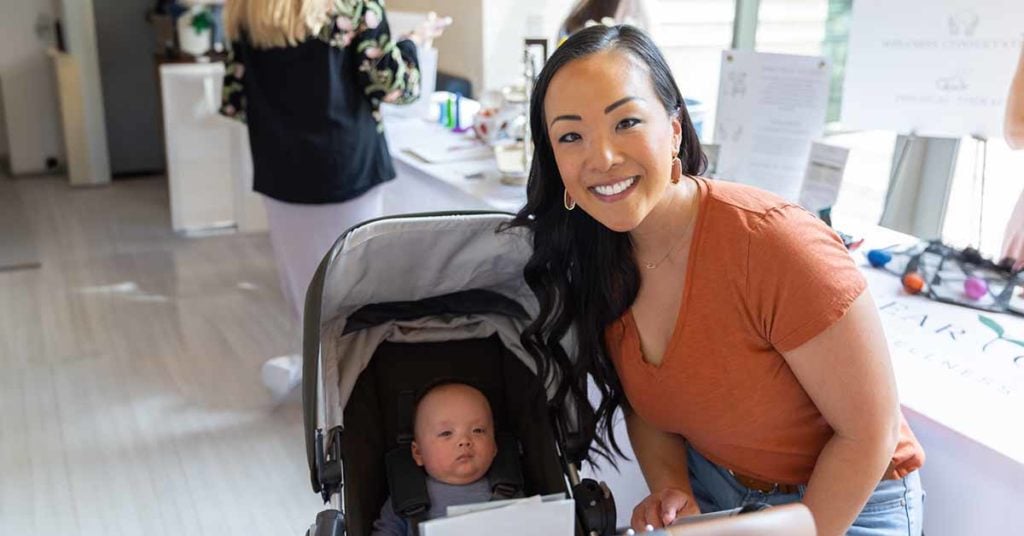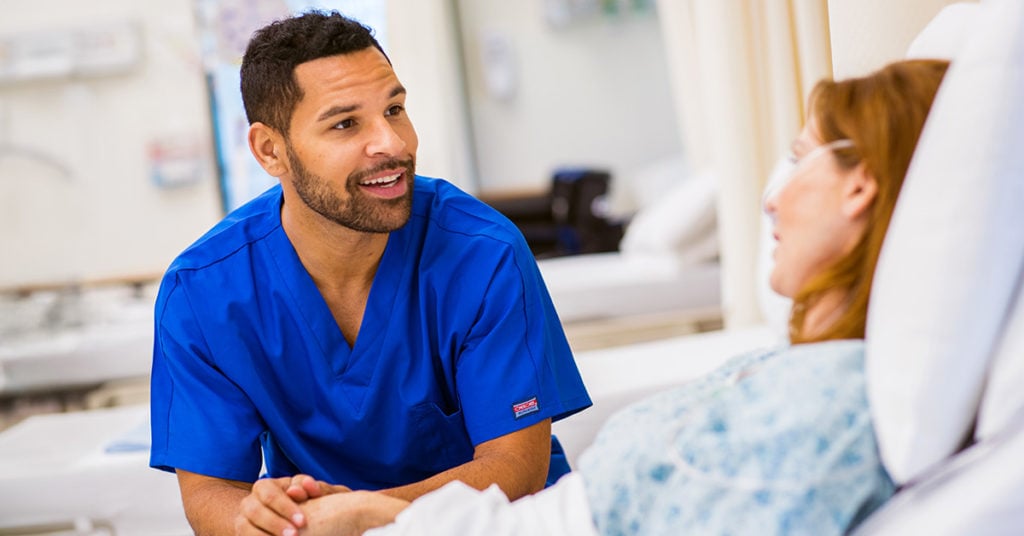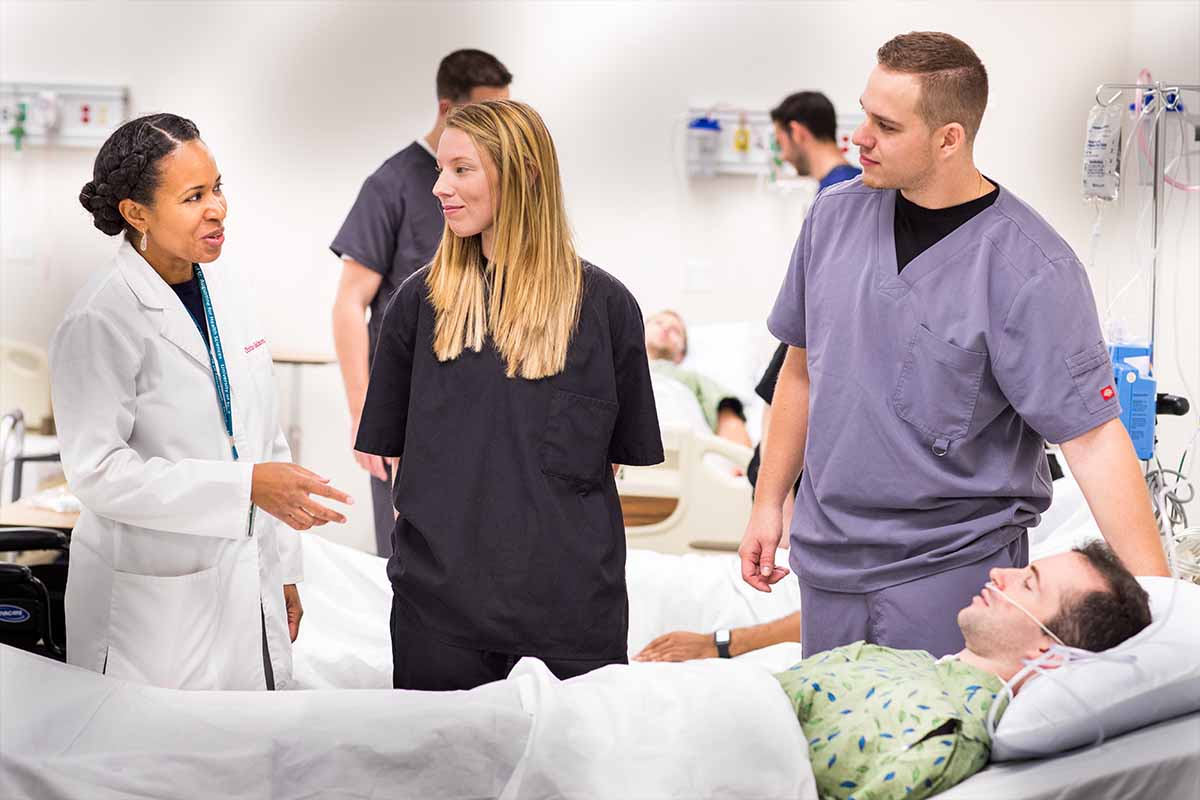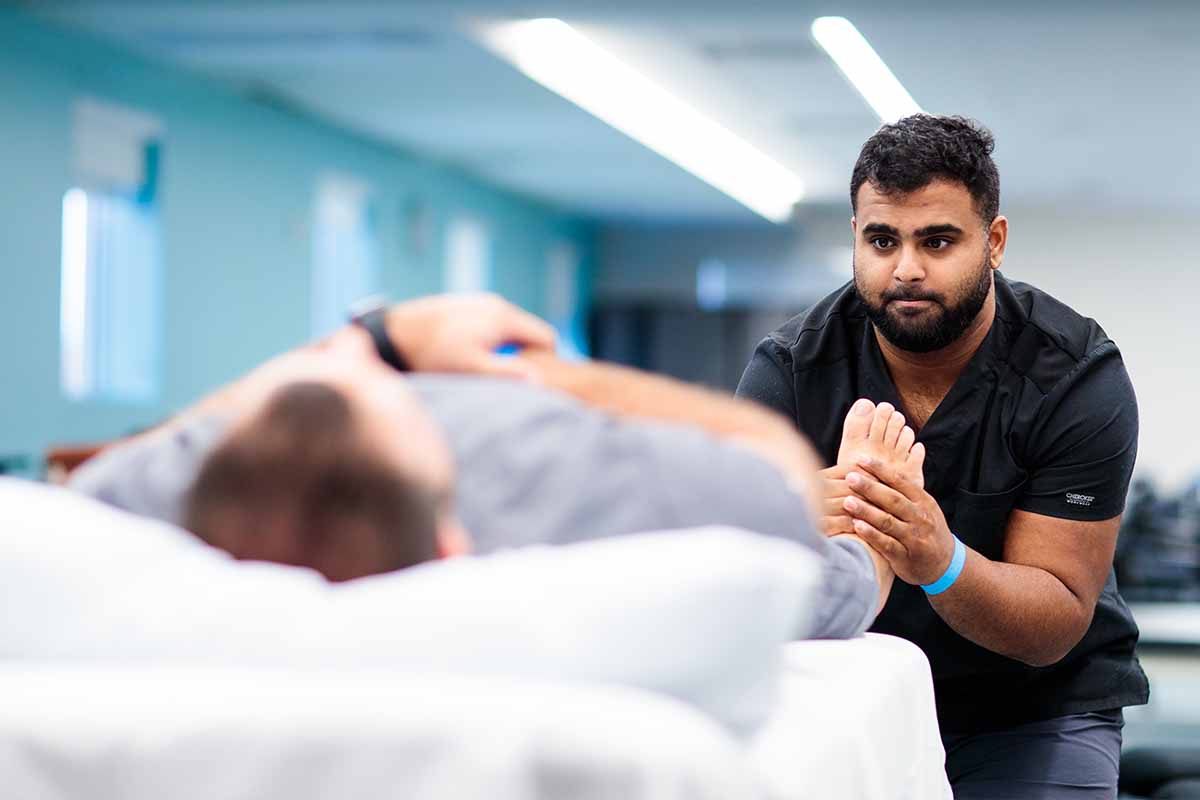

The National Institutes of Health (NIH) reports that 57.8 million adults live with some form of mental illness.1 The severity of a mental illness can vary from person to person. Some individuals can perform daily tasks, including work, with mental illness, and some people may qualify for disability due to their mental illness.2
Understanding the mental health statistics for the United States increases awareness and may help provide support to those who need it. Here, we discuss how many people struggle with mental health challenges and how prevalent they are in different populations.
Before proceeding, it’s helpful to note the difference between mental health and mental illness. Mental health is how a person functions in daily activities, and mental illness is the collective term for all diagnosable mental disorders.3
Table of Contents:
- What Are the Primary Causes of Mental Illness?
- Mental Health Statistics by Type
- Mental Health Statistics by Age
- Mental Health Statistics by Race
- How Mental Illness Affects Individuals
- How Mental Illness Affects Communities
- The Impact of COVID-19 on Mental Health
- Mental Illness and Criminal Justice System Statistics
- Mental Illness in Rural Communities
- Suicide Stats
- The United States Needs More Mental Health Workers
Key Findings
Mental illness affects people of all ages, genders and races. The following key findings show what types of mental illness are the most common and who they affect the most.
The following image shows some of the key mental health findings in the United States from a variety of organizations:
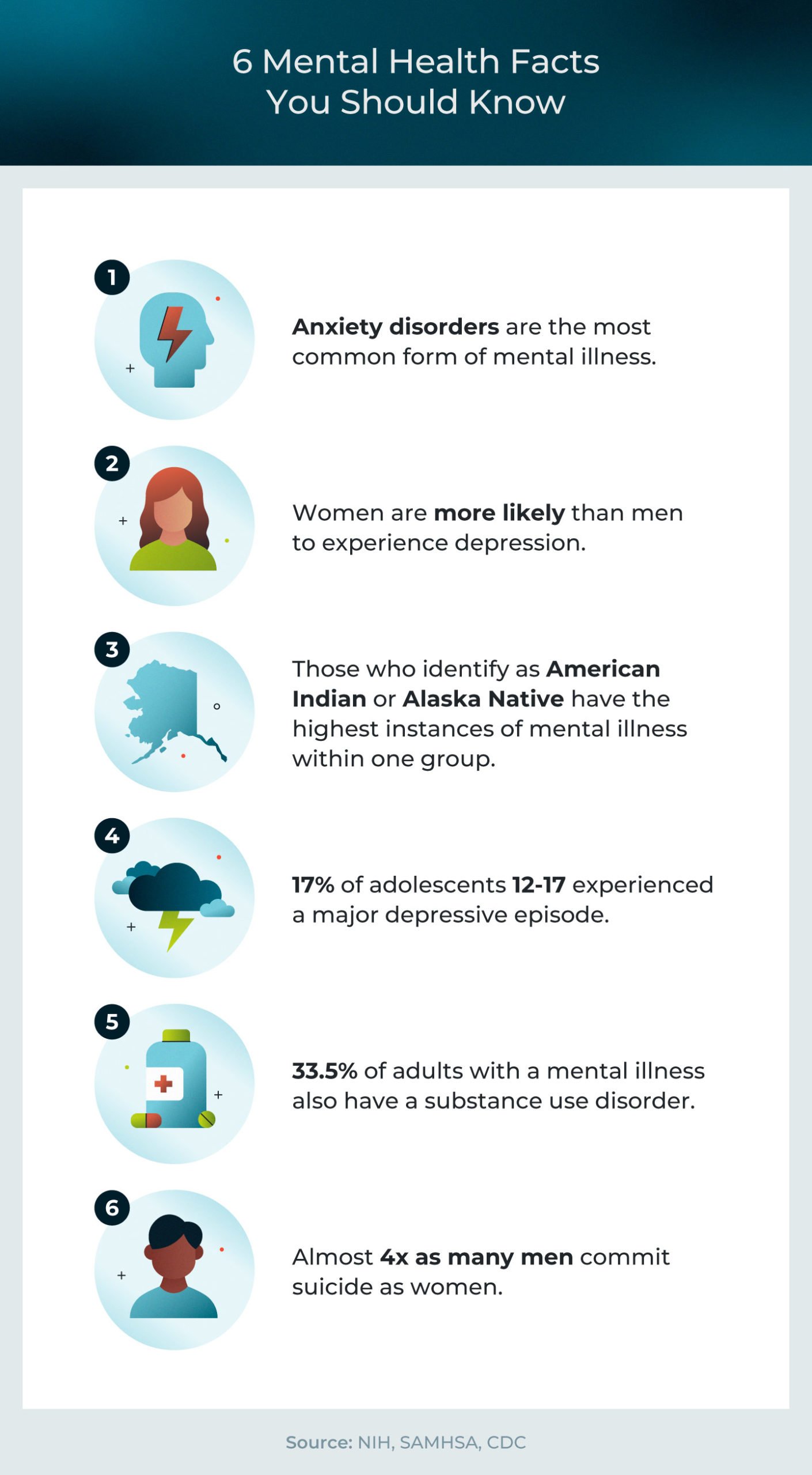

What Are the Primary Causes of Mental Illness?
There are many causes of mental illness, and the psychology field and mental health professionals use the biopsychosocial model to understand the root causes of mental health issues.4 To diagnose a patient, the industry standard in the United States is to use the fifth edition of the Diagnostic and Statistical Manual of Mental Disorders (DSM-5-TR).5 While the DSM-5-TR diagnosis helps label the specific illness, the biopsychosocial model allows mental health professionals to see beyond these labels.
The biopsychosocial model helps professionals understand the cause of mental illness by looking at three factors4:
- Biology: Genetics and family history may be a cause of mental illness. It’s also possible that exposure to alcohol or drugs in the womb was a factor.
- Psychology: Stressful events, like a traumatic experience, in a person’s life can alter their psychology and lead to a mental illness.
- Social: Social factors like a person’s home environment, community, relationships, employment status and more can affect a person’s mental health.
It’s helpful to understand this model because it can lead to better treatment and understanding of a person’s mental illness. For example, a person may have symptoms of anxiety and depression after losing a job, which is treated differently than someone who may be struggling with depression due to biological factors. Short-term mental health issues are referred to as “situational” rather than “clinical.”6
However, as we discuss adolescent and adult mental health statistics, note that there’s often no differentiation between situational or clinical mental illness.
Mental Health Statistics by Type
The NIH reports that the most prevalent mental illnesses for adults in the United States are various anxiety disorders.7 Approximately 19.1% of adults have had an anxiety disorder within the last year.7 Anxiety disorders come in many different forms and can include panic disorder, generalized anxiety disorder, social anxiety disorder, phobia and more.
The second most common form of mental illness is major depression.8 In 2021, 21 million adults reported having at least one episode of major depression, which is roughly 8.3 percent of the U.S. adult population.8 They also found that there’s a higher instance of depression in women than in men.
The following are the rates of past year prevalence of mental illnesses in U.S. adults according to the NIH:
- Anxiety disorders: 19.1%7
- Major depression: 8.3%8
- Post-traumatic stress disorder (PTSD): 3.6%9
- Bipolar disorder: 2.8%10
- Borderline personality disorder (BPD): 1.4%11
- Binge eating disorder: 1.2%12
- Obsessive-compulsive disorder (OCD): 1.2%13
- Schizophrenia: 0.25 -0.64%14
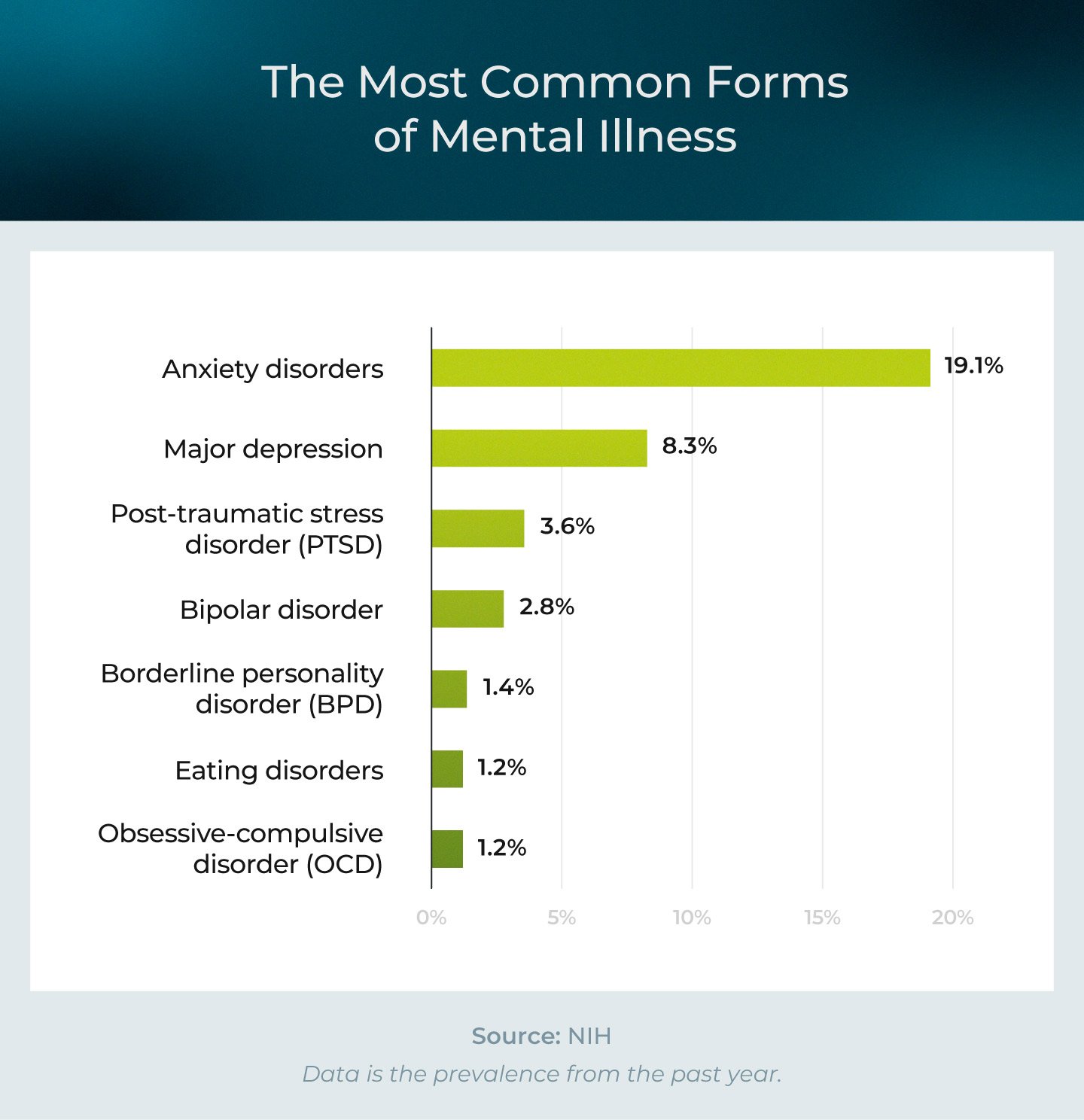

Mental Health Statistics by Age
Mental illness can affect anyone, including young people. For those struggling with mental illness, about 50 percent of individuals started to have symptoms by the age of 14, and 75 percent experienced symptoms by age 24.15 Signs and symptoms can include mood changes, problems thinking, apathy and other unusual symptoms.
The following is how common mental illness is within different age groups:
There are also millions of adolescents struggling with mental illness. In 2020:
- 17% experienced a major depressive episode16
- 12% had serious thoughts of suicide16
- Mental health-related emergency room visits for adolescents increased by 31%, compared to 201917
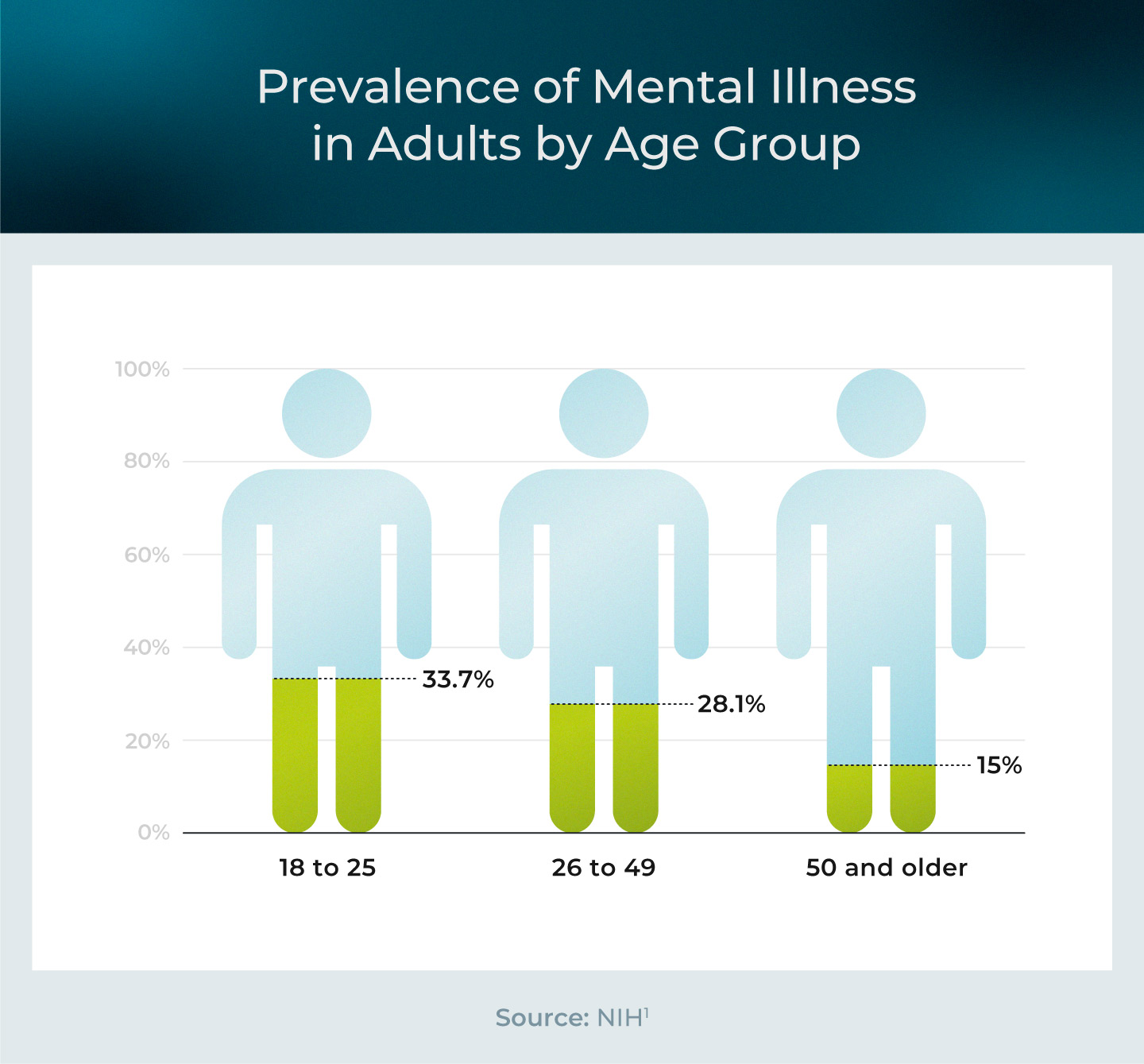

Mental Health Statistics by Race
The Substance Abuse and Mental Health Services Administration (SAMHSA) is a government organization that collects data on substance use and mental health. SAMHSA’s 2021 National Survey on Drug Use and Health (NSDUH) includes data for different racial groups. They found that the highest reported instances of mental illness in the past year within one group are within the American Indian or Alaska Native group at 26.6 percent. For those who identify as mixed race or multiracial, approximately 34.9 percent have a mental illness.18
- Mixed or multiracial: 34.9%18
- American Indian or Alaska Native: 26.6%18
- White: 23.9%18
- Black or African American: 21.4%18
- Hispanic or Latino: 20.7%18
- Native Hawaiian or Other Pacific Islander: 18.1%18
- Asian: 16.4%18
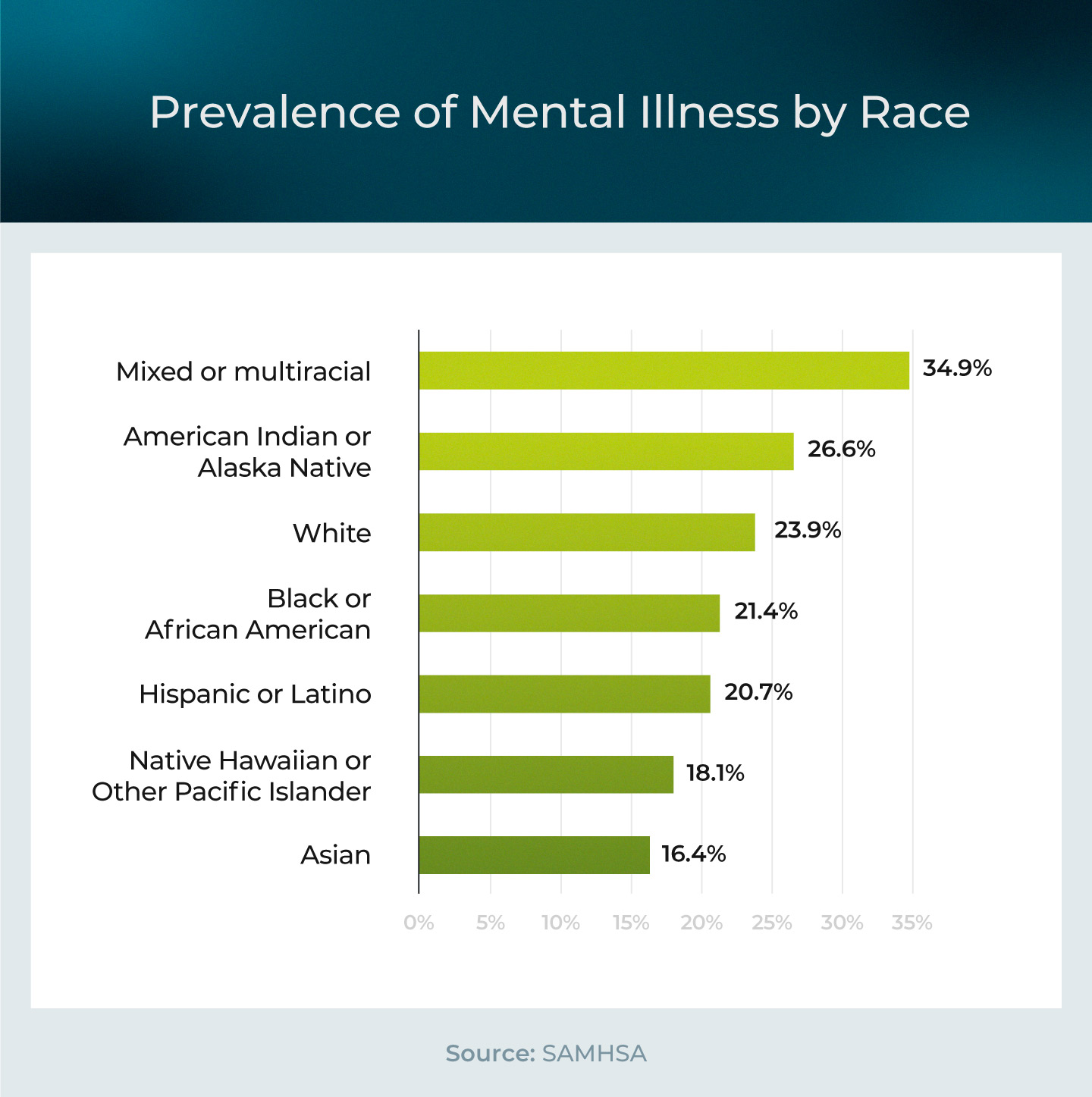

How Mental Illness Affects Individuals
Living with a mental illness can affect people in different ways. Much like the biopsychosocial model, the reported information shows how mental illness can take a toll on a person’s biology, social life and psychology. For example, the data below shows how a person’s mental illness can affect employment, which can lead to situational depression.6
- Children ages 6-17 are three times more likely to repeat a grade if they have mental, emotional, developmental or behavioral problems.19
- 21.6% of adults working full-time have experienced symptoms of mental illness within a one-year period, compared to 32.2% of those who are unemployed.18
- 33.5% of adults with a mental illness also reported a substance use disorder in 2021.18
- Those with a severe mental illness have a life span 10 to 25 years shorter than the general population.20
How Mental Illness Affects Communities
Communities are also affected by mental illness. Mental health issues can lead to increased hospitalizations and economic challenges. Many unhoused people in communities around the country also struggle with mental illness.
- There are over 580,000 unhoused people in the United States, and 21% have a severe mental illness.21
- In 2021, over 6.6 million hospital emergency department visits were from mental health or substance use.22
- Untreated serious mental illness results in over $193 billion in lost earnings each year.23
The Impact of COVID-19 on Mental Health
At the start of 2020, the world faced many challenges due to the COVID-19 pandemic. To help stop the spread of the virus, many people practiced social distancing, socialized less and started working from home. During this time, many people struggled with mental health and substance use issues. In 2020:
- 12% of adolescents and 4.9% of adults had serious thoughts of suicide.16
- 69.1% of youths aged 12 to 17 said they experienced a major depressive episode during the first year of the pandemic.16
- 45.2% of adults with a mental illness perceived the pandemic harmed their mental health.16
- 14.5% of adolescents said they started drinking alcohol a little more or much more than prior to the pandemic.16
- 10.7% of adults say they weren’t able to get the mental health services they needed, which had a moderate to severe impact on their health.16
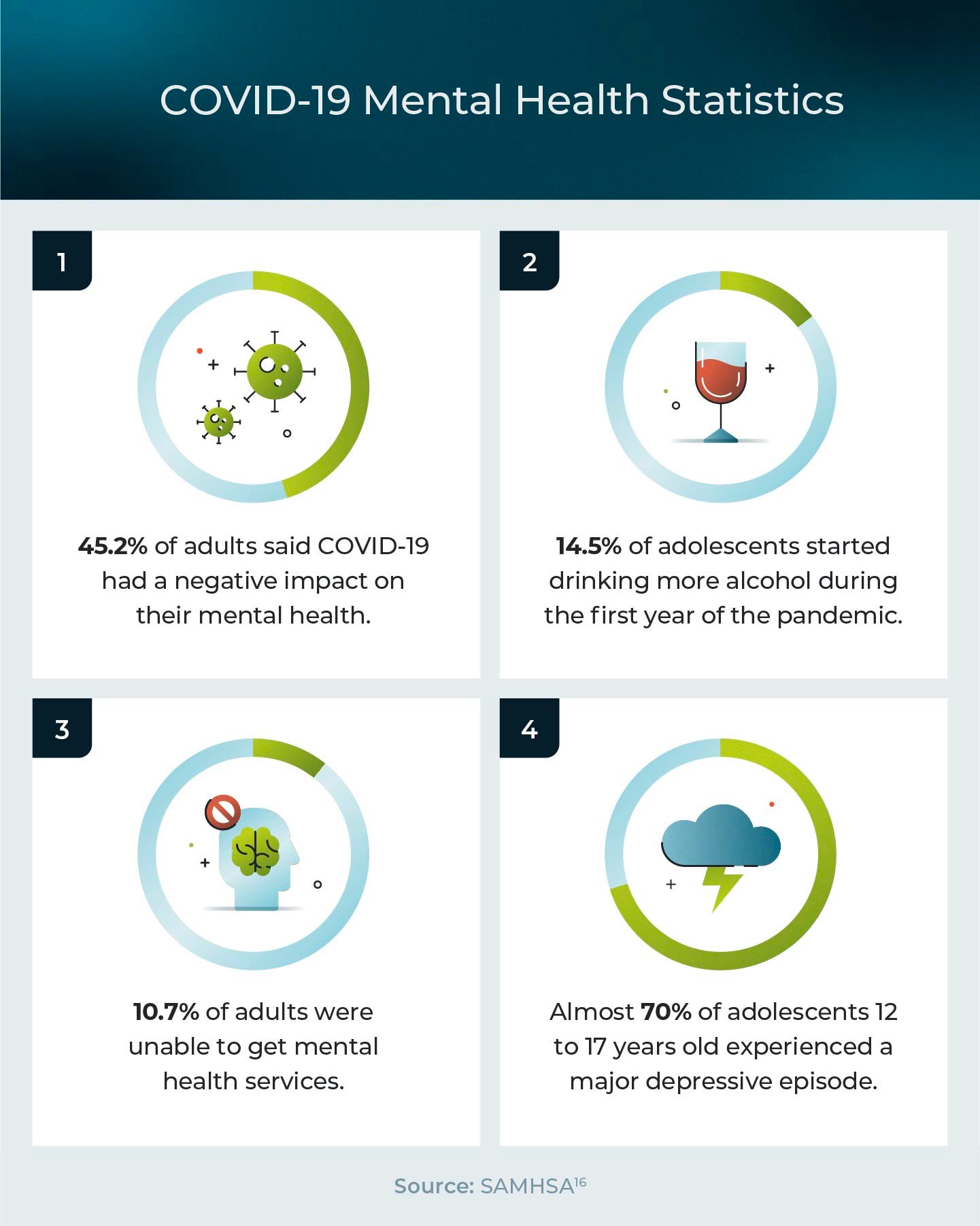

Mental Illness and Criminal Justice System Statistics
The reality is that many people in jails and prisons have mental illnesses. Aspects of having a mental illness include changes in emotion, thinking or behavior.3 Understanding this may provide some new perspectives on incarcerated individuals.
- 64% of jail inmates have a mental illness compared to 21% of the general adult population.24
- Individuals with an untreated mental illness are 16 times more likely to be killed by the police.25
- Suicide is the leading cause of death in jails.26
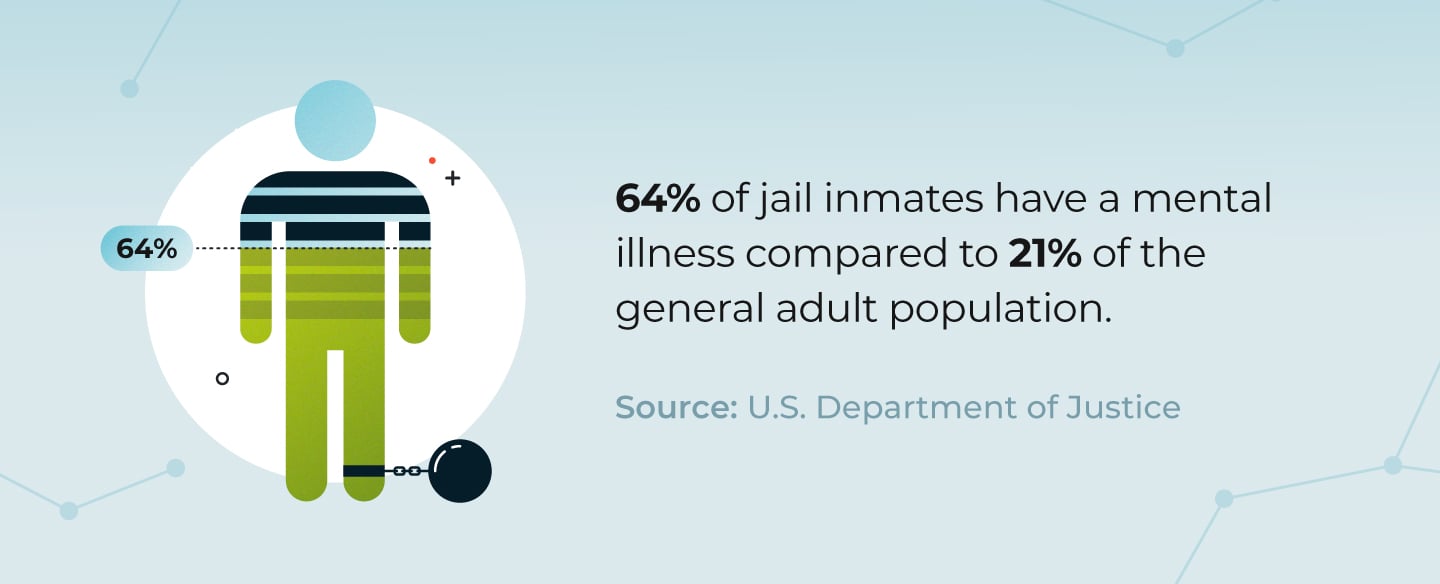

Mental Illness in Rural Communities
It’s important to discuss mental illness in more rural areas because these communities have additional challenges. Over 25 million rural Americans live in areas that have a shortage of mental health professionals.27 In a one-year period, in 2021:
- 22.7% of adults in nonmetropolitan areas experienced symptoms of mental illness.16
- 22.4% of adults in completely rural areas experienced symptoms of mental illness.16
- 4.4% of adults in completely rural areas have a serious mental illness.16
- 4.5% of people in completely rural areas had serious thoughts of suicide.16
Suicide Statistics
Suicide is often a tragic result of mental health problems. Sometimes, suicide happens after years of struggling with a mental illness like depression, but can also be attributed to situational issues that pass, like the end of a relationship or money problems.28 Understanding suicide statistics may help communities be more aware of the problem to provide support for those in need.
- Over 12 million adults had serious thoughts about suicide in 2021.29
- 49,449 people died by suicide in 2022, a 2.6% increase from 2021.29
- Male suicides are almost four times higher than females.29
- 1.7 million adults made a suicide attempt in 2021.29
The United States Needs More Mental Health Workers
With millions of people having mental illness in the United States, there’s a need for more mental health workers. Additionally, social workers, psychologists and healthcare workers often interact with those who have a mental illness.
Pursuing a Master of Science in Nursing (MSN) allows you to begin a career that can support national mental health. Earning an MSN or Psychiatric Mental Health Nurse Practitioner Role Specialty post-graduate nursing certificate at the University of St. Augustine for Health Sciences (USAHS) is a great way to become a Psychiatric Mental Health Nurse Practitioner, a specially trained mental health practitioner.
Request information about how a graduate degree in the health sciences can offer a rewarding career in mental healthcare.
Sources:
- National Institute of Mental Health, “Mental Illness,” National Institute of Mental Health, last modified March 2023, https://www.nimh.nih.gov/health/statistics/mental-illness.
- National Alliance on Mental Illness Iowa, “How Someone With A Mental Health Condition Can Qualify For Social Security Disability Benefits,” National Alliance on Mental Illness Iowa, https://namiiowa.org/how-someone-with-a-mental-health-condition-can-qualify-for-social-security-disability-benefits/.
- American Psychiatric Association, “What is Mental Illness?” American Psychiatric Association, last modified November 2022, https://www.psychiatry.org/patients-families/what-is-mental-illness.
- PsychDB, “Biopsychosocial Model and Case Formulation,” PsychDB, last modified January 2022, https://www.psychdb.com/teaching/biopsychosocial-case-formulation.
- American Psychiatric Association, “Diagnostic and Statistical Manual of Mental Disorders (DSM-5-TR),” American Psychiatric Association, https://www.psychiatry.org/psychiatrists/practice/dsm.
- Medical News Today, “Situational Depression or Clinical Depression,” Medical News Today, https://www.medicalnewstoday.com/articles/314698.
- National Institute of Mental Health, “Any Anxiety Disorder,” National Institute of Mental Health, https://www.nimh.nih.gov/health/statistics/any-anxiety-disorder.
- National Institute of Mental Health, “Major Depression,” National Institute of Mental Health, last modified July 2023, https://www.nimh.nih.gov/health/statistics/major-depression.
- National Institute of Mental Health, “Post-Traumatic Stress Disorder (PTSD),” National Institute of Mental Health, https://www.nimh.nih.gov/health/statistics/post-traumatic-stress-disorder-ptsd.
- National Institute of Mental Health, “Bipolar Disorder,” National Institute of Mental Health, https://www.nimh.nih.gov/health/statistics/bipolar-disorder.
- National Institute of Mental Health, “Personality Disorders,” National Institute of Mental Health, https://www.nimh.nih.gov/health/statistics/personality-disorders.
- National Institute of Mental Health, “Eating Disorders,” National Institute of Mental Health, https://www.nimh.nih.gov/health/statistics/eating-disorders.
- National Institute of Mental Health, “Obsessive-Compulsive Disorder (OCD),” National Institute of Mental Health, https://www.nimh.nih.gov/health/statistics/obsessive-compulsive-disorder-ocd.
- National Institute of Mental Health. (n.d.). Schizophrenia. Retrieved from https://www.nimh.nih.gov/health/statistics/schizophrenia#part_2543
- American Psychiatric Association, “Warning Signs of Mental Illness,” American Psychiatric Association, last modified 2022, https://www.psychiatry.org/patients-families/warning-signs-of-mental-illness.
- Substance Abuse and Mental Health Services Administration, “Key Substance Use and Mental Health Indicators in the United States,” Substance Abuse and Mental Health Services Administration, last modified October 2021, https://www.samhsa.gov/data/sites/default/files/reports/rpt35325/NSDUHFFRPDFWHTMLFiles2020/2020NSDUHFFR1PDFW102121.pdf.
- Ellen Yard, PhD, et al., “Emergency Department Visits for Suspected Suicide Attempts Among Persons Aged 12–25 Years Before and During the COVID-19 Pandemic — United States, January 2019–May 2021,” Centers for Disease Control and Prevention, last modified June 2021, https://www.cdc.gov/mmwr/volumes/70/wr/mm7024e1.htm.
- Substance Abuse and Mental Health Services Administration, “2021 NSDUH Detailed Tables,” Substance Abuse and Mental Health Services Administration, last modified January 2023, https://www.samhsa.gov/data/report/2021-nsduh-detailed-tables.
- Data Resource Center for Child & Adolescent Health, “National Survey of Children’s Health,” Data Resource Center for Child & Adolescent Health, https://www.childhealthdata.org/browse/survey/results?q=9463&r=1&g=1023.
- Andrea Fiorillo, et al., “The Relationship Between Physical and Mental Health: An Update from the WPA Working Group on Managing Comorbidity of Mental and Physical Health,” National Library of Medicine, last modified February 2023, https://www.ncbi.nlm.nih.gov/pmc/articles/PMC9840511/.
- U.S. Department of Housing and Urban Development, “HUD 2022 Continuum of Care Homeless Assistance Programs Homeless Populations and Subpopulations,” U.S. Department of Housing and Urban Development, last modified December 2022, https://files.hudexchange.info/reports/published/CoC_PopSub_NatlTerrDC_2022.pdf.
- Agency for Healthcare Research and Quality, “Healthcare Cost and Utilization Project (HCUP) Fast Stats,” Agency for Healthcare Research and Quality, https://datatools.ahrq.gov/hcup-fast-stats/wp-content/uploads/sites/3/2023/04/DownloadTable_StatePayerED_11-23-22.xls.
- U.S. Department of Labor, “#MentalHealthAtWork,” U.S. Department of Labor, last modified May 2022, https://blog.dol.gov/2022/05/09/mentalhealthatwork.
- Ebonyque Taylor, “Mental Health and Reentry: How Court Services Offender Agency Meets the Challenge of Mental Health Community Supervision,” U.S. Department of Justice, last modified May 2022, https://cops.usdoj.gov/html/dispatch/05-2022/mental_health_reentry.html.
- Treatment Advocacy Center. (n.d.). Overlooked in the undercounted: The role of mental illness in fatal law enforcement encounters. Retrieved from https://www.treatmentadvocacycenter.org/reports_publications/overlooked-in-the-undercounted-the-role-of-mental-illness-in-fatal-law-enforcement-encounters/
- Leah Wang, “Rise in Jail Deaths Is Especially Troubling as Jail Populations Become More Rural and More Female,” Prison Policy Initiative, https://www.prisonpolicy.org/blog/2021/06/23/jail_mortality/.
- David de Voursney, M.P.P, Francine Arienti, M.A., Kevin Martone, L.S.W., “Mental Health System Development in Rural and Remote Areas during COVID-19,” National Association of State Mental Health Program Directors, last modified September 2021, https://www.nasmhpd.org/sites/default/files/7_Rural-RemoteTribal_508.pdf.
- Mind, “Suicidal Feelings,” Mind, last modified April 2020, https://www.mind.org.uk/information-support/types-of-mental-health-problems/suicidal-feelings/causes-of-suicidal-feelings/.
- Centers for Disease Control and Prevention, “Suicide Data and Statistics,” Centers for Disease Control and Prevention, last modified August 2023, https://www.cdc.gov/suicide/suicide-data-statistics.html.
